
Data Privacy Day: Don’t put all your eggs in one basket
Privacy Day is of extra importance this year because of a dramatic increase in attacks designed to get around measures that make account log-ins more secure, and therefore protect our privacy.
For example, in mid-September, Uber reported a network breach that led to shutting down some of its internal communications and locking its codebase to prevent any new code changes. The attacker reportedly targeted a contractor by repeatedly sending multi-factor authentication login messages until the contractor accepted and gave the attacker access, according to Uber. Several days later, video game maker Rockstar Games announced it also had suffered a network intrusion from an unauthorised third party. The company says the attacker was able to gain confidential information, including early development footage for its upcoming and much anticipated game, Grand Theft Auto VI.
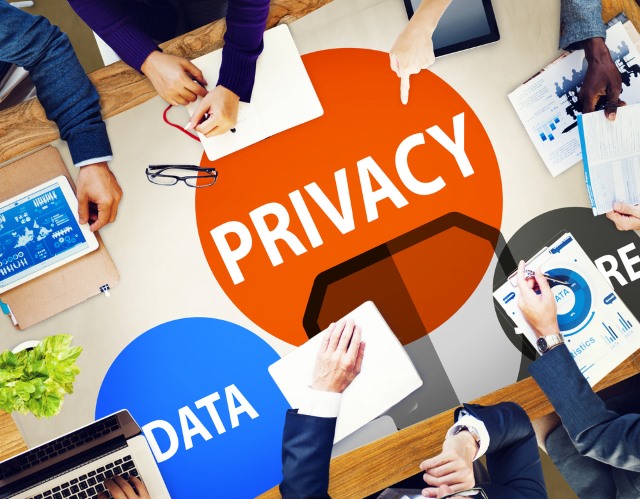
Happy Data Privacy/Data Protection day
These days no important topic is worthy of the name if it doesn't have a day devoted to it. Today (January 28) it's the turn of data privacy -- or data protection depending on who you talk to -- to take its turn in the spotlight.
As organizations gather ever more data, concerns around how it is stored and used have grown which has led to legislators taking an interest too.

Organizations need to do more to reassure customers about how their data is used in AI
A new study from Cisco finds that 92 percent of organizations believe they need to do more to reassure customers about how their data is used in AI.
The 2023 Data Privacy Benchmark Study shows that in spite of the difficult economic environment, organizations continue to invest in privacy, with spending up significantly from $1.2 million just three years ago to $2.7 million this year.
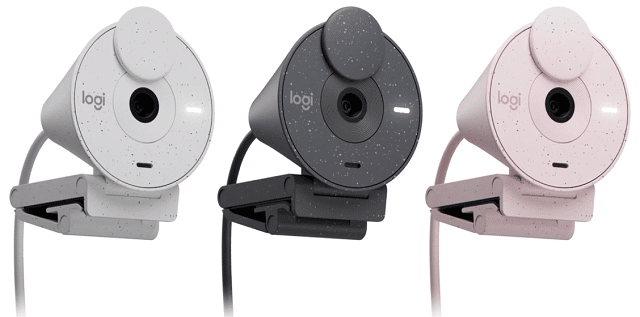
Logitech launches affordable Brio 300 USB-C webcam with privacy shutter
If you need a new webcam and don't want to break the bank, there is a new product from Logitech that you definitely need to check out. Called "Brio 300," this beautiful cone-shaped webcam connects via USB-C and comes with an integrated privacy shade. And yes, it is certified for both Zoom and Microsoft Teams.
Brio 300 costs just $69.99, which seems like a great value for a 1080p webcam from a top brand such as Logitech. It includes a microphone with noise cancellation, of course, but also, you get features like auto light correction and high dynamic contrast. If you love the environment, you will love the Brio 300 too, as it is partially constructed of post-consumer recycled plastic.
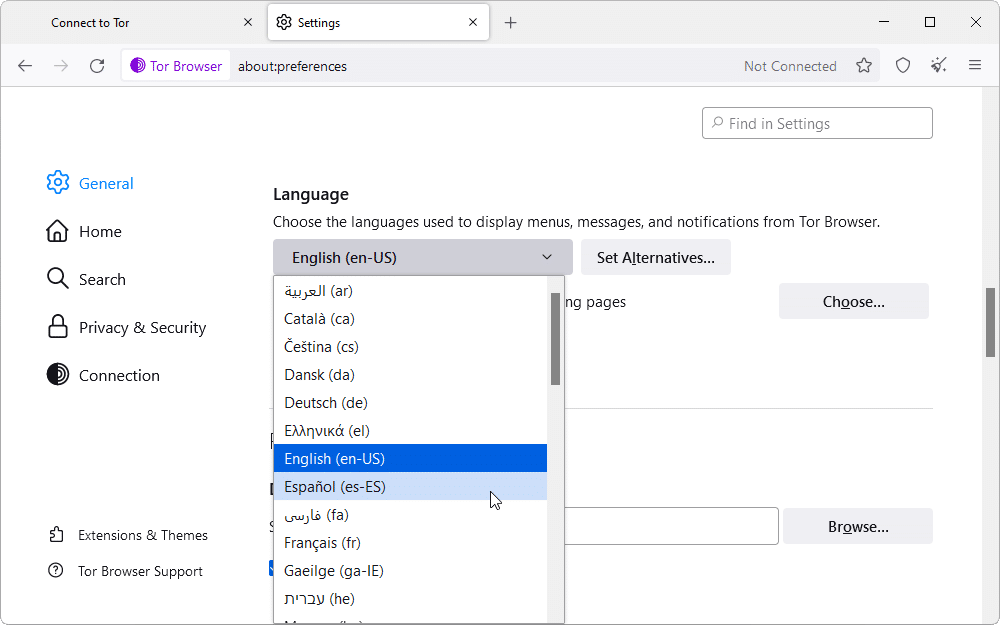
Tor Browser 12 released, adds native Apple Silicon support and improves Android build's privacy and security
US nonprofit the Tor Project has announced the release of Tor Browser 12.0 for Windows (both 32-bit and 64-bit), Mac, Linux, and Android. The major change in version 12.0 is that its underlying code has now been updated to Firefox Extended Support Release 102.5.
Tor Browser is a Firefox variant, designed for accessing the internet through the open Tor network, which makes users harder to track online through a combination of multi-layer encryption and the use of relays to boost anonymity. In addition, the browser is configured with maximum privacy in mind through the use of private browsing by default alongside other anti-tracking tools.

Data privacy and the changes enterprises need to be ready for [Q&A]
It has been estimated that there are some 43 zetabytes of data stored by enterprises today that are inaccessible and not commercialized due to privacy concerns, operational complexity and regulations.
With the California Consumer Privacy Act (CCPA) becoming fully operational on January 1 2023 and other legislation in place or coming around the world, the need for businesses to find new data accessibility methods that are compliance-friendly is very real.

Volla Phone 22 is a privacy-focused smartphone that runs the Google-free Android-based Volla OS, Ubuntu Touch, or Sailfish OS [Review]
When buying a smartphone, you have two real choices. You can opt for an iPhone, which runs iOS, or one of the many Android handsets available from the likes of Google, Samsung, Huawei, OnePlus and Sony.
If you value your privacy, then you might want a phone that truly does too. Volla Phone 22, from German firm Hallo Welt Systeme UG, is a good-looking device that is focused on keeping you safe and secure. It runs a choice of operating systems -- Volla OS, Ubuntu Touch, and the recently added Sailfish OS -- that can be selected on start-up. Support for additional mobile operating systems is coming soon.

How digital IDs are set to shake up the way we access services [Q&A]
Around the world governments are increasingly keen on introducing digital identity systems for their citizens. These are seen as a secure way for people to access government and other services as these move online.
We spoke with Philipp Pointner, chief of digital identity at Jumio, to find out more about digital ID and its implications for security and privacy.

Enterprises urged to be transparent about employee monitoring
With larger numbers of people working remotely, employers are keen to understand the effect this has on productivity. They're using technology like facial recognition and other tools to monitor the use of apps and gather other information.
However, software adoption platform Pendo is calling on companies to be more transparent with employees about what they do and don’t monitor, and why.

Your personal data has become an AI training manual and you're not getting it back
Art imitates life, that we all know. But what if art imitates your personal life, your personal likeness and does it so well that the line between what is real and surreal blurs?
Unbeknownst to us, we are becoming models for state-of-the-art AI technology that trains on terabytes of poorly filtered data scraped from all over the web. This data can include our personal photos, medical images, and even copyrighted content -- basically, anything ever posted online.

How far will you go to protect your personal data?
No longer shop with a brand? Pay more for goods and services from a company with a better privacy record? Stop using an app?
All of these and more are actions people are prepared to take if they find out organizations aren't keeping their data safe, according to a new report from DataGrail.
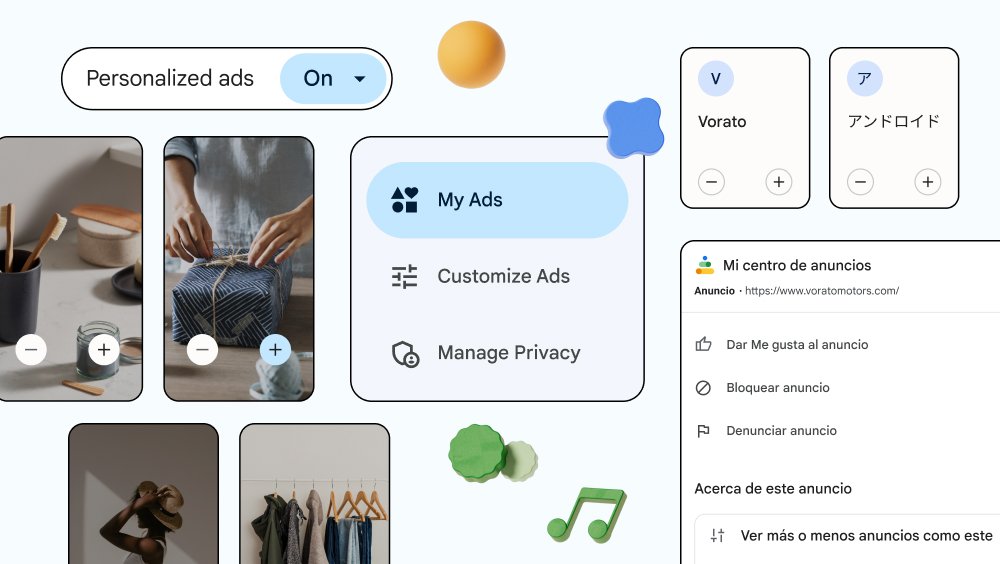
Google launches My Ad Center to give you more control over the ads you see
Ads are now part and parcel of using the internet and many apps, and much of what you see is because of Google. It is going to be a long time before Google changes its business model and is no longer reliant on showing you ads, but the company is aware of the annoyance people experience when they see advertising that is is completely inappropriate or touches on sensitive topics.
As such, Google has announced My Ad Center, a portal through which it is possible to gain more control over your ad experience. What this means in practice is that you will be able to do things such as choose whether or not you'd like to see tailored ads, control what sort of information Google is able to use to personalise your ads, and even opt out of seeing ads for certain topics.

Privacy-focused DuckDuckGo arrives on macOS in beta
After what has felt like a very long wait, DuckDuckGo for Mac is now available to anyone who would like to try out the private web browser. Previously only available as a closed beta, the macOS version of DuckDuckGo beta is now open to all.
In addition to protecting privacy in general web browsing, DuckDuckGo for Mac also includes Duck Player, a built-in YouTube player that blocks targeted advertising and stops profiling.
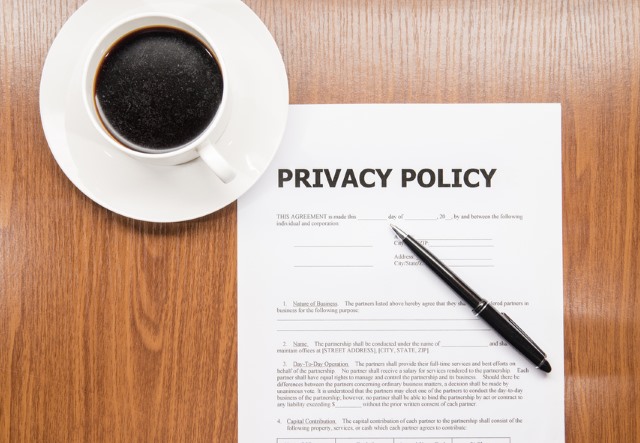
Consumers want businesses to be more transparent about handling data
Consumers want to see more transparency from businesses around how their data is handled, according to the Cisco 2022 Consumer Privacy Survey.
The survey also shows that while consumers are supportive of artificial intelligence -- 54 percent are willing to share their anonymized data to improve AI products -- they are concerned about how businesses use AI, with 65 percent having lost trust in organizations due to their AI use.
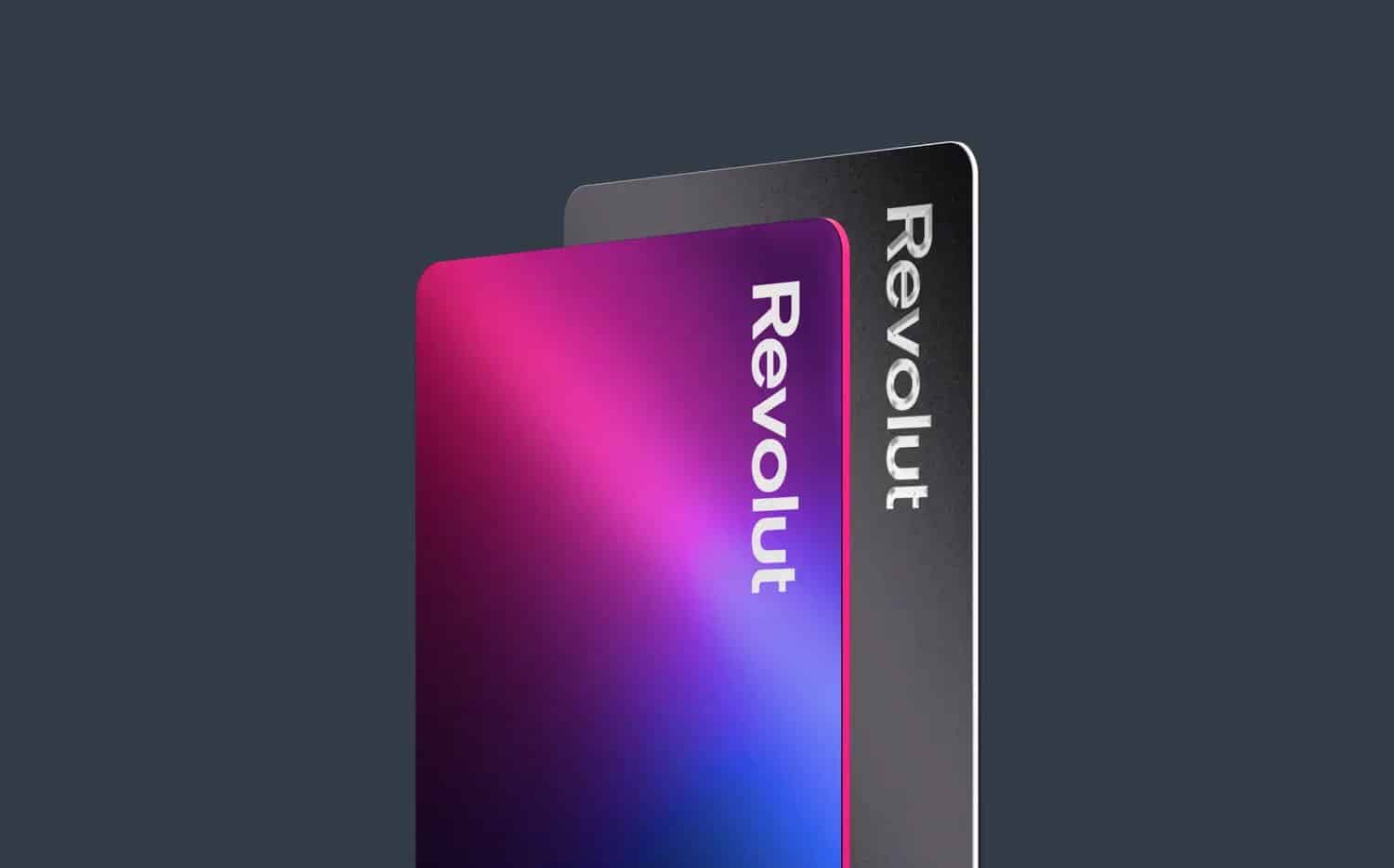
Revolut customer data exposed in cyberattack
Fintech firm Revolut has been hit by a cyberattack that resulted in personal data of tens of thousands of users being exposed.
Described as a "highly targeted" attack -- although it is not clear who was targeted or why -- the security incident took place on the night of September 11. The attack gave an unauthorized third-party access to a range of data including postal and email addresses, account information, and phone numbers.
